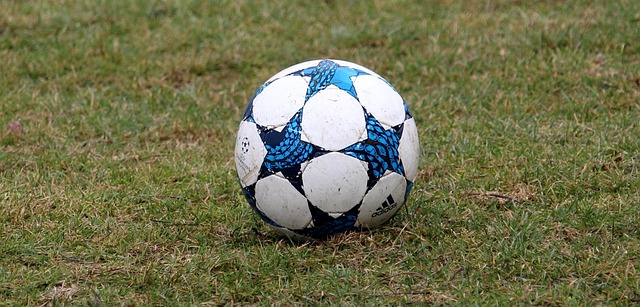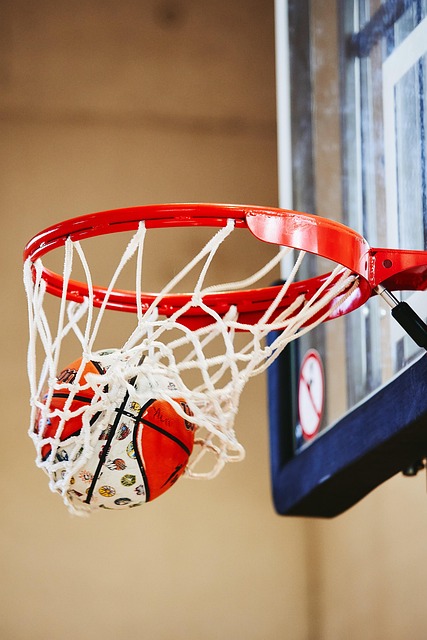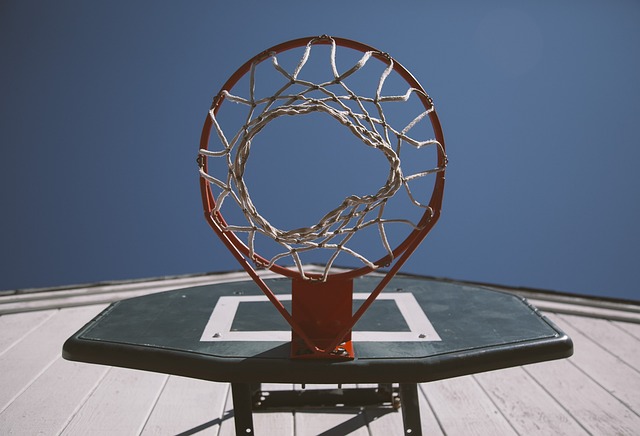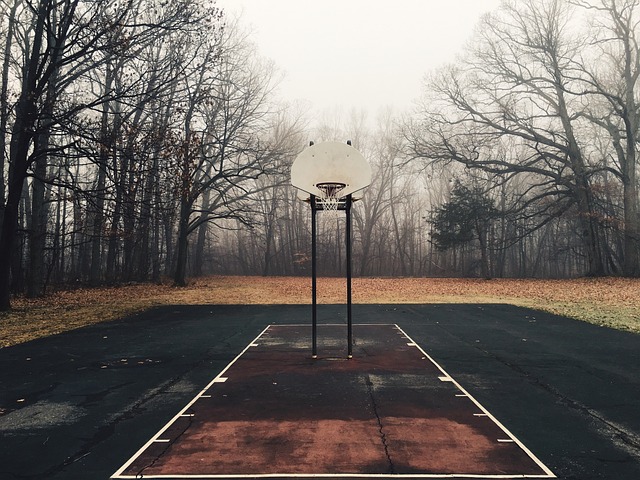The NCAA Women's Basketball tournament is a high-pressure environment that demands athletes possess not only physical skill but also strategic thinking and mental resilience. To excel, players need well-organized development programs focusing on skill enhancement (ball handling, shooting), injury prevention, and mental toughness training. These programs should be holistic, addressing technical, tactical, physical, and psychological aspects. Structured training methods, mental workshops, and life skills education empower athletes to perform at their best during NCAA competitions and prepare them for future careers beyond basketball. Networking opportunities within the NCAA tournament environment can open doors to scholarships, professional roles, and mentorships.
The NCAA women’s basketball landscape is thriving, yet player development programs often lag behind their men’s counterparts. This article explores strategic approaches to enhance the growth of female athletes, delving into five essential components. From understanding the unique challenges in NCAA women’s basketball to implementing targeted training and mental toughness workshops, each section highlights tailored solutions. We also discuss networking opportunities beyond the court, ensuring players’ holistic development. By addressing these key areas, programs can foster a more competitive and empowered environment for aspiring stars.
- Understanding the NCAA Women's Basketball Landscape
- Identifying Key Areas for Player Development
- Strategic Training Programs and Drills
- Mental Toughness and Life Skills Workshops
- Networking and Opportunities Beyond the Court
Understanding the NCAA Women's Basketball Landscape

The NCAA Women’s Basketball landscape is a vibrant and competitive environment, fostering the development of athletes from diverse backgrounds. This level of competition necessitates well-structured programs to enhance players’ skills and prepare them for both collegiate and professional careers. The NCAA tournament, a pinnacle event, showcases not just athletic prowess but also strategic depth and mental fortitude required to excel in high-pressure situations.
Understanding the nuances of this landscape is crucial for designing effective development programs. Coaches and support staff must adapt their strategies to cater to the unique physical, technical, and psychological needs of women’s basketball players. This includes focusing on skill refinement, injury prevention, and mental resilience, ensuring that athletes are equipped with the tools necessary to navigate the rigors of NCAA competition and beyond.
Identifying Key Areas for Player Development

Identifying key areas for player development is paramount in NCAA women’s basketball, where athletes strive to elevate their skills and stand out in a competitive landscape. Programs should focus on holistic growth, addressing technical, tactical, physical, and mental aspects. For instance, enhancing ball-handling skills and improving shooting accuracy can boost offensive capabilities. Meanwhile, developing defensive strategies and refining footwork can transform players into tenacious defenders.
Beyond individual skills, fostering team chemistry and tactical awareness is crucial. Training sessions should incorporate drills that promote communication and unyielding support among teammates. Understanding the nuances of game planning and adapting to various playing styles equips players with the versatility needed to excel in the dynamic nature of NCAA women’s basketball competitions.
Strategic Training Programs and Drills

In the competitive landscape of NCAA women’s basketball, strategic training programs and drills are instrumental in honing players’ skills and enhancing their performance on the court. These structured initiatives go beyond basic conditioning, focusing on specific aspects like ball handling, shooting technique, and defensive strategies. Well-designed drills can improve players’ agility, speed, and precision, giving them an edge over opponents.
Many successful programs incorporate progressive training methods, starting with foundational skills and advancing to more complex moves. For instance, dribbling exercises might begin with basic crossovers before introducing more intricate moves like behind-the-back passes and quick changes of direction. Similarly, shooting drills could start with form and technique work before transitioning to game-simulated scenarios, allowing players to develop confidence under pressure. These structured approaches ensure that each player receives tailored guidance, contributing to their overall growth as basketball athletes.
Mental Toughness and Life Skills Workshops

In the competitive landscape of NCAA women’s basketball, mental toughness is a key differentiator for players aiming to excel. Workshops focused on this aspect equip athletes with strategies to handle pressure, manage emotions, and maintain focus during high-stakes games. These sessions often incorporate techniques from sports psychology, mindfulness training, and goal setting to build resilience both on and off the court.
Complementing these mental toughness workshops, life skills programs play a crucial role in preparing NCAA women’s basketball players for challenges beyond the game. These initiatives help athletes develop essential skills like time management, communication, and financial literacy. By fostering self-reliance and adaptability, life skills workshops ensure that players are not only successful in their sporting careers but also well-prepared for future endeavors, whether they pursue professional basketball or transition to other paths.
Networking and Opportunities Beyond the Court

Women’s basketball players, beyond honing their skills on the court, stand to gain invaluable opportunities through networking and connections made both within and outside the NCAA. These interactions can open doors to future scholarships, professional roles, and mentorships that extend far beyond the confines of the game. Coaches, scouts, and fellow athletes can serve as powerful advocates, facilitating access to clinics, camps, and exhibitions that further develop players’ abilities.
Furthermore, participating in off-court events, workshops, and conferences allows these young women to forge relationships with industry professionals, sports journalists, and potential employers. Building a robust network not only enhances their basketball careers but also equips them with essential life skills and prepares them for the diverse opportunities available post-retirement from the game.














